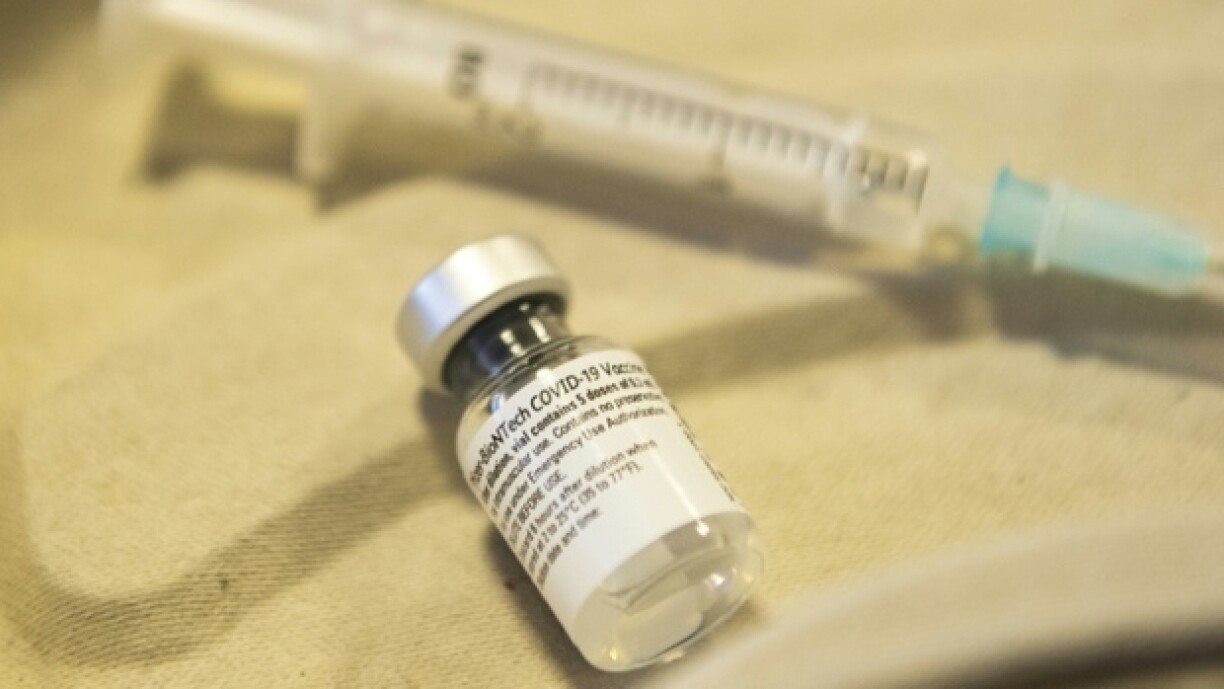
Israel has now given the vaccine to more than one million people in the space of just two weeks. By the end of March, the vast majority of its 9.3 million inhabitants will be immunised. Luxembourg, with just 630,000 residents, is lagging far behind, because we failed to acquire vaccines ourselves.
The Luxembourgish government relied exclusively on the European Union for its supply of coronavirus vaccines, unlike other countries which secured additional doses alongside the EU scheme. One has to ask why. Germany did it. The authorities did not solely count on the EU, which, let’s not forget, failed to enact common policies when it came to travelling, border closures and other restrictions. The same EU idly stood by when member states outbid each other for face masks and PPE while there was a significant shortage thereof at the start of the pandemic.
Staggeringly, our Prime Minister, Xavier Bettel, made the decision not to purchase additional doses alongside the orders placed by the EU on behalf of Luxembourg — and he did so knowing first-hand that the EU has been prone to bureaucratic hiccups. According to our sources, cabinet was split on this decision. Some ministers repeatedly recommended to the PM to place orders for additional vaccines. He did no such thing.
Der Spiegel recently reported how BioNTech bosses were bewildered as to why the EU did not order more of their vaccine. Even more so given when it became clear relatively early on that the BioNTech vaccine had very promising trial results. According to the German newspaper, the US government acquired 600 million doses of their vaccine in July, whereas the EU only ordered 300 million – in November. Brussels even turned down BioNTech’s offer to secure another 500 million doses. Der Spiegel reports that the French government is directly responsible for this decision. Instead, the EU diversified their portfolio and placed orders with several suppliers, some of which are now severely behind schedule like the French pharma giant Sanofi. Their vaccine will be available in late 2021 at the earliest; Brussels has ordered 300 million doses.
The EU has been heavily criticised for their vaccine strategy and I find rightly so. There would have been no downside to having ordered too much vaccine from each supplier. The extra stock could have been given to developing countries which naturally could not compete in the race for a vaccine with our capitalist market economies.
As always, it is down to money. In early December, Belgian secretary of state, Eva de Bleeker, accidentally released the undisclosed prices of each vaccine on Twitter. This has since been corroborated by Reuters. Accordingly, the EU is paying €15 per dose for the BioNTech/Pfizer vaccine, $18 – roughly €15 – for the Moderna one, €8 for the Sanofi serum (which will be available in late 2021 only) and just €2 for the AstraZeneca vaccine which has also not been approved in the EU yet.
Luxembourg could have been the forerunner of the EU’s vaccination efforts and immunised its entire population already. Yet, the government did precious little. The vaccination campaign is just slowly getting underway due to a shortage of vaccine, which was excruciatingly predictable.